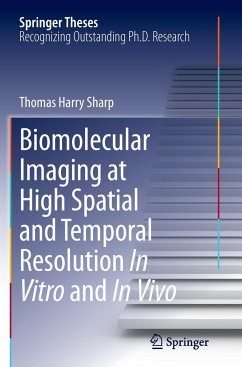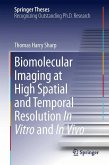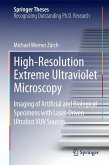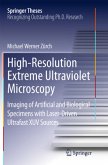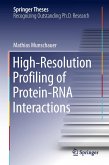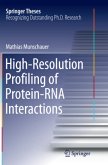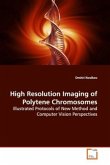As part of a collaboration between two different groups in chemistry and biochemistry, Thom Sharp presents here his thesis work on the development of new methods for cryoelectron microscopy. Throughout his Ph.D., Thom had to master a whole range of techniques including modelling, molecular biology and microscopy. Using these skills to tackle an outstanding problem, the pursuit of high-resolution structures of peptide-based materials, Thom highlights in this thesis his newly developed methods for analysing and processing this particular type of electron microscopy data. This thesis gives the first molecular description of a de-novo designed peptide-based material. In general, this research will have a huge impact on the peptide assembly field, and also in electron microscopy as it introduces new methods and approaches, all of which are Thom's inventions and are described in this thesis.
Bitte wählen Sie Ihr Anliegen aus.
Rechnungen
Retourenschein anfordern
Bestellstatus
Storno

